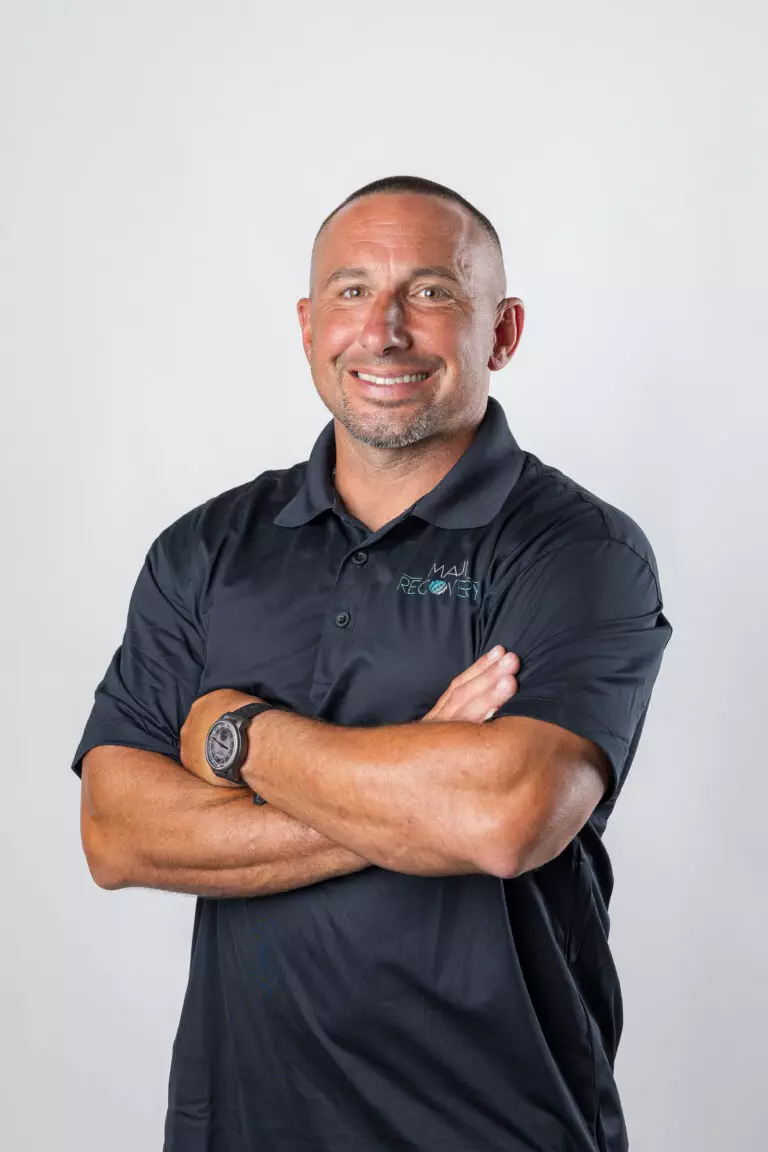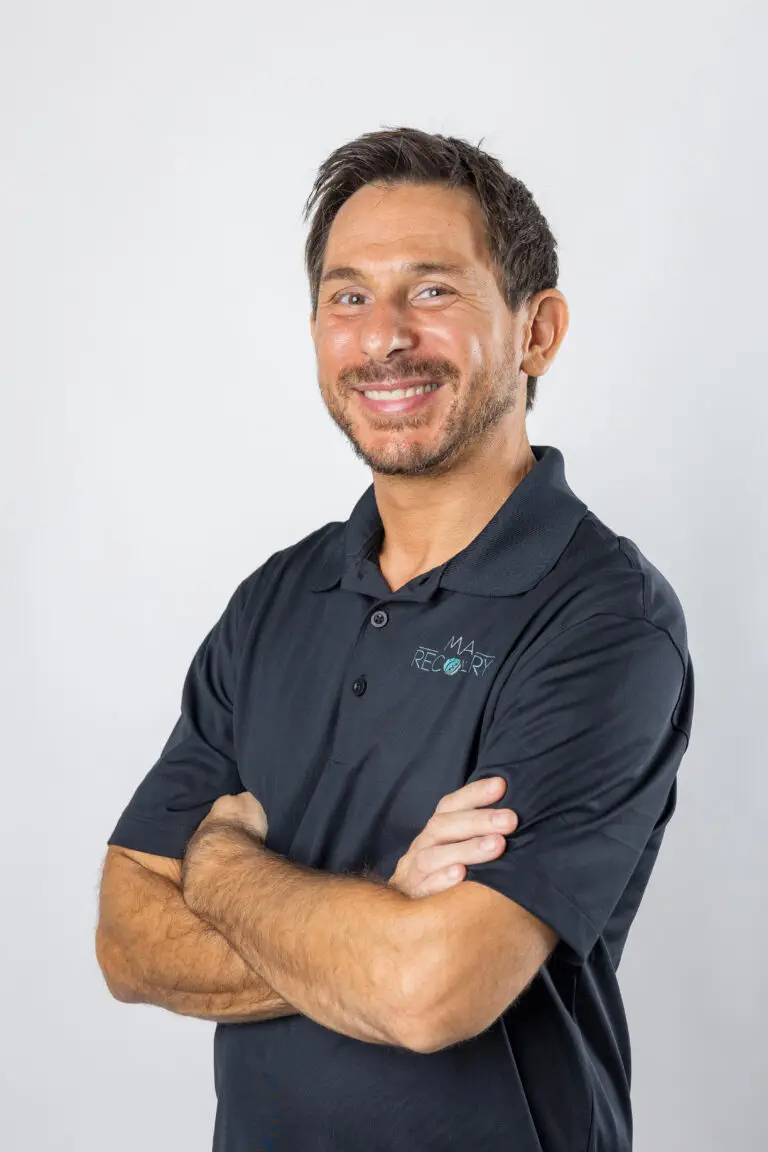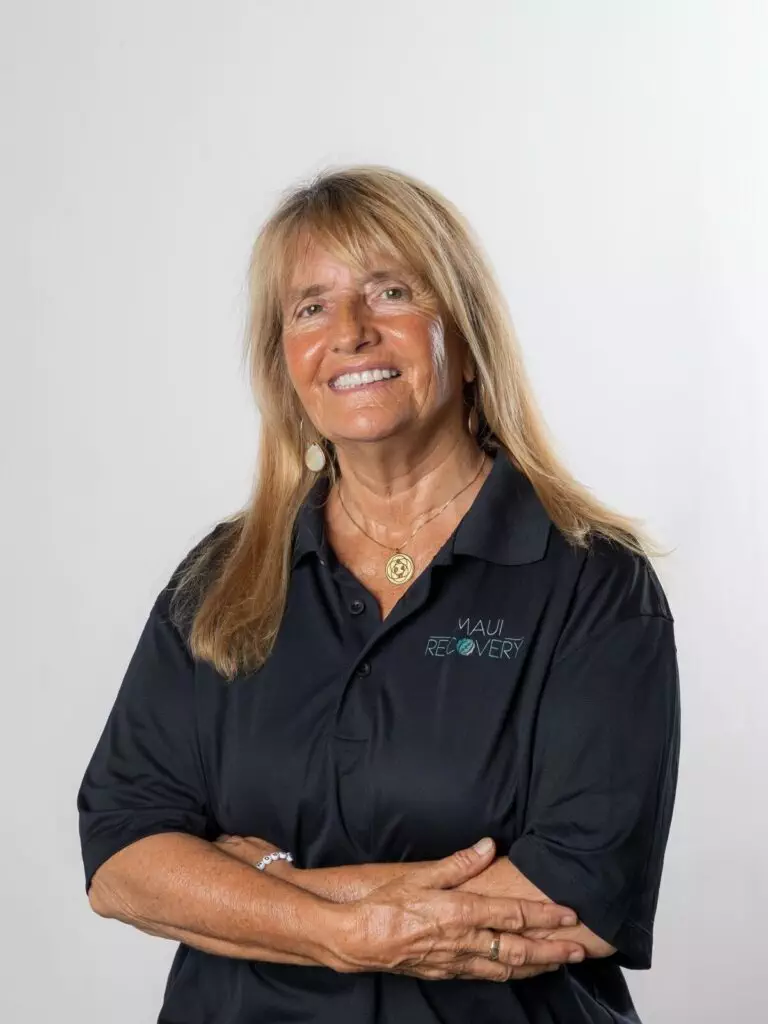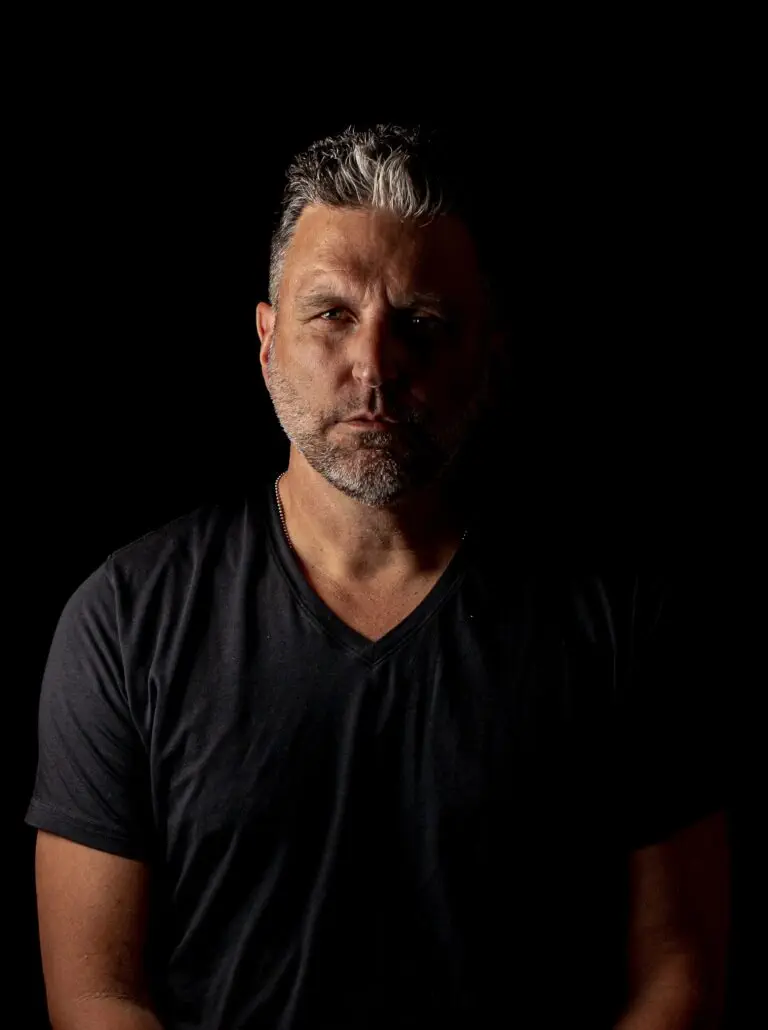Gambling disorder tends to run in families, but environmental factors have also contributed to this addiction. Symptoms of this disorder can begin as early as adolescence or as late as older adulthood.
This cycle of behavior will lead to negative consequences that will seriously impact an individual’s physical, emotional, mental, and even financial health. At our gambling addiction treatment center, we implement a holistic approach to treating gambling disorder, incorporating cultural awareness, mindfulness, cognitive-behavioral therapies, and community support systems.
Statistics on Gambling Addiction
An estimated 750,000 of America’s youth — between the ages of 14 and 21 — are problem gamblers (they gamble more than intended or steal money to support gambling).
Problem gambling is considerably more common than alcohol dependence among U.S. adults (21 and older).
Individuals living in disadvantaged neighborhoods have a 90% increase in the odds of being a problem or pathological gambler.
Frequent gambling is twice as great among men (28%) than women (13%).
Maui Treatment for Gambling Addiction
At Maui Recovery, nestled amidst the serene landscapes of Hawaii, individuals struggling with gambling addiction find a haven of healing and renewal. Our luxury residential treatment center offers a comprehensive program designed to address the complexities of addiction while immersing clients in the beauty and tranquility of the island. Our approach at Maui Recovery integrates evidence-based therapies with holistic practices to treat gambling addiction. Cognitive Behavioral Therapy (CBT), Motivational Interviewing, Dialectical Behavior Therapy (DBT), and Mindfulness-Based Stress Reduction (MSSR) are key components of our therapeutic toolkit. These therapies enable clients to explore the underlying triggers and behaviors associated with gambling addiction, empowering them to develop healthier coping mechanisms.
We can help
A Path to Healing at Maui Recovery
At Maui Recovery, Adventure and Nature Therapy are integral components of our holistic approach to treating gambling addiction. Our residential facility, enveloped by 20 acres of lush Hawaiian landscape and overlooking the expansive ocean, sets the stage for profound self-discovery and personal growth.
Nature has an inherent therapeutic quality that inspires reflection and renewal. Surrounded by the beauty of Hawaii, clients at Maui Recovery engage in Nature Immersion, where they reconnect with the natural world and themselves. Through guided activities such as hiking, beach walks, and meditation amidst serene surroundings, individuals are encouraged to explore their inner landscape and gain clarity on their recovery journey.
Adventure Therapy at Maui Recovery involves purposeful, outdoor activities aimed at fostering resilience and self-efficacy. Participants embark on exciting challenges like rock climbing, zip-lining, and wilderness expeditions. These adventures serve as metaphors for overcoming obstacles in addiction recovery, empowering individuals to confront fears, build confidence, and develop problem-solving skills.
A key aspect of our Adventure Therapy is the Hero’s Journey—a narrative framework that mirrors the stages of recovery. Clients identify with the hero’s quest for transformation, navigating through trials, and ultimately emerging stronger and wiser. This storytelling approach allows individuals to contextualize their experiences within a universal narrative of growth and redemption.
Surf Therapy at Maui Recovery harnesses the healing power of the ocean to promote emotional regulation and mindfulness. Guided by experienced instructors, clients learn to ride the waves, experiencing a profound connection with nature and themselves. Surfing instills a sense of presence and resilience, teaching individuals to navigate life’s ups and downs with grace and balance.
Equine Therapy is another unique modality offered at Maui Recovery, focusing on interactions with horses to foster trust, empathy, and emotional regulation. Through grooming, feeding, and guided exercises with horses, clients develop valuable interpersonal skills and explore non-verbal communication. Equine Therapy facilitates introspection and self-awareness, allowing individuals to address underlying issues contributing to gambling addiction.
Incorporating Adventure and Nature Therapy into our gambling addiction treatment program exemplifies our commitment to holistic healing. The combination of immersive experiences in nature, adventure-based challenges, and specialized modalities like Surf Therapy and Equine Therapy creates a multifaceted approach to addressing the complex nature of gambling addiction.
Overcoming Gambling Addiction at Maui Recovery
At Maui Recovery, Adventure and Nature Therapy serve as catalysts for transformation. By engaging in these experiential activities within the serene landscapes of Hawaii, individuals embark on a journey of self-discovery, resilience, and healing. Through these transformative experiences, clients gain valuable insights, develop essential life skills, and cultivate a renewed sense of purpose on their path to recovery.
FAQs
What Is Gambling Disorder?
Gambling addiction, also known as compulsive gambling or gambling disorder, is a type of impulse-control disorder that continues to affect more families every year. Individuals with a gambling addiction have been seen to have little to no control when it comes to the impulse to gamble.
Gambling is the focus for those addicted, even when they know and understand their gambling is hurting themselves and those around them. Those struggling with a gambling addiction are often acutely aware of the consequences of gambling, but the impulse overpowers they’re will to stop.
Those with gambling addiction keep the game going and stakes high whether they are up, down, impoverished, extremely happy, or even depressed. Even when the odds are against them, people with a gambling addiction find it difficult to lay down their hands.
People who have a gambling addiction cannot just stop when they lose money. They are taken over by the feeling of needing to recover what they have lost. In many cases of gambling addiction, the person will have lost more than they thought, will become overcome with negative thoughts and emotions, and will do anything to recover the money.
This cycle of behavior will lead to negative consequences that will seriously impact their physical, emotional, mental, and even financial health.
What Are Signs and Symptoms of Gambling Addiction?
- Needing to gamble with an increasing amount of money to achieve the desired excitement
- Restless or irritable when trying to cut down or stop gambling
- Repeated unsuccessful efforts to control, cut back on or stop gambling
- Frequent thoughts about gambling
- Often gambling when feeling distressed
- After losing money, gambling, often returns to get even
- Lying to conceal gambling activity
- Jeopardizing or losing a significant relationship, job, or educational/career opportunity because of gambling
- Relying on others to help with money problems caused by gambling
- Resorting to theft or fraud to get gambling money
Myths and Facts about Gambling Problems
Myth
Problem gambling is not a problem if the gambler can afford it.
Fact
Problems caused by excessive gambling are not just financial. Too much time spent on gambling can also lead to relationship and legal problems, job loss, mental health problems including depression and anxiety, and even suicide.
Myth
Having a gambling problem is just a case of being weak-willed, irresponsible, or unintelligent.
Fact
Gambling problems affect people of all levels of intelligence and all backgrounds. Previously responsible and strong-willed people are just as likely to develop a gambling problem as anyone else.
Myth
Partners of problem gamblers often drive their loved ones to gamble.
Fact
Problem gamblers often try to rationalize their behavior. Blaming others is one way to avoid taking responsibility for their actions, including what’s needed to overcome the problem.
Myth
If a problem gambler builds up a debt, you should help them take care of it.
Fact
Quick fix solutions may appear to be the right thing to do. However, bailing the gambler out of debt may make matters worse by enabling their gambling problems to continue.
Learn More About Gambling Addiction Treatment in Hawaii
If you are looking for help managing your gambling addiction, choose Maui Recovery. We offer personalized gambling addiction treatment that gets to the root of the addiction. Contact us today to learn more.






















